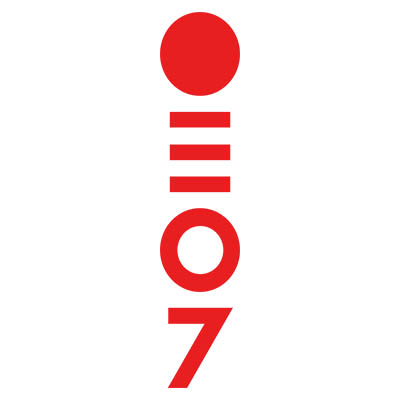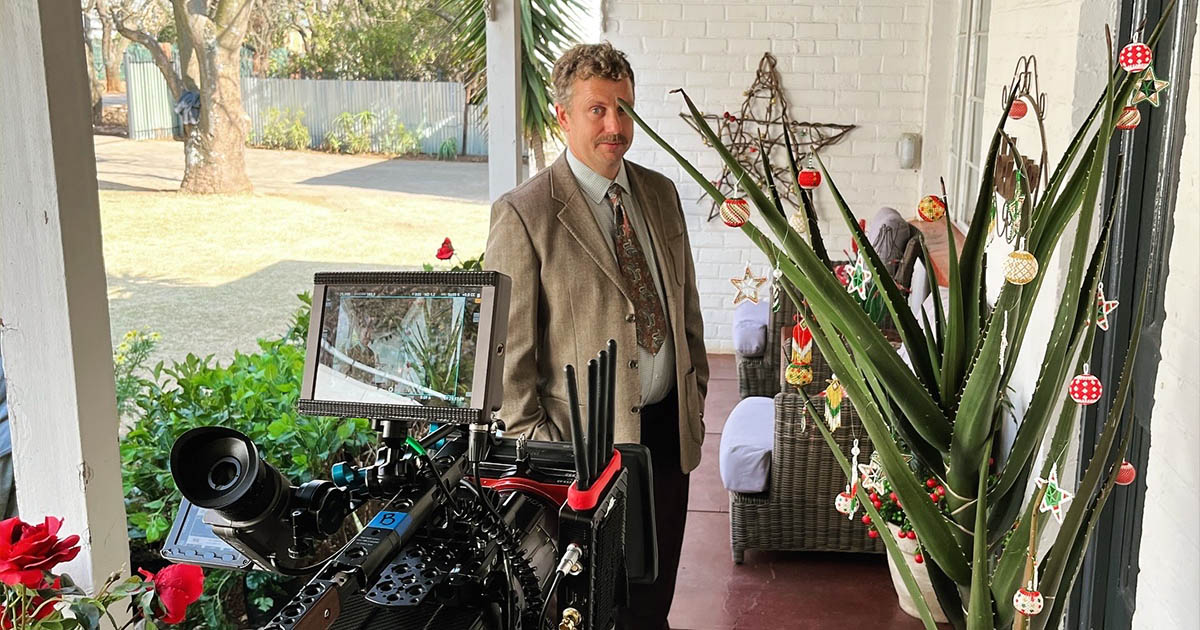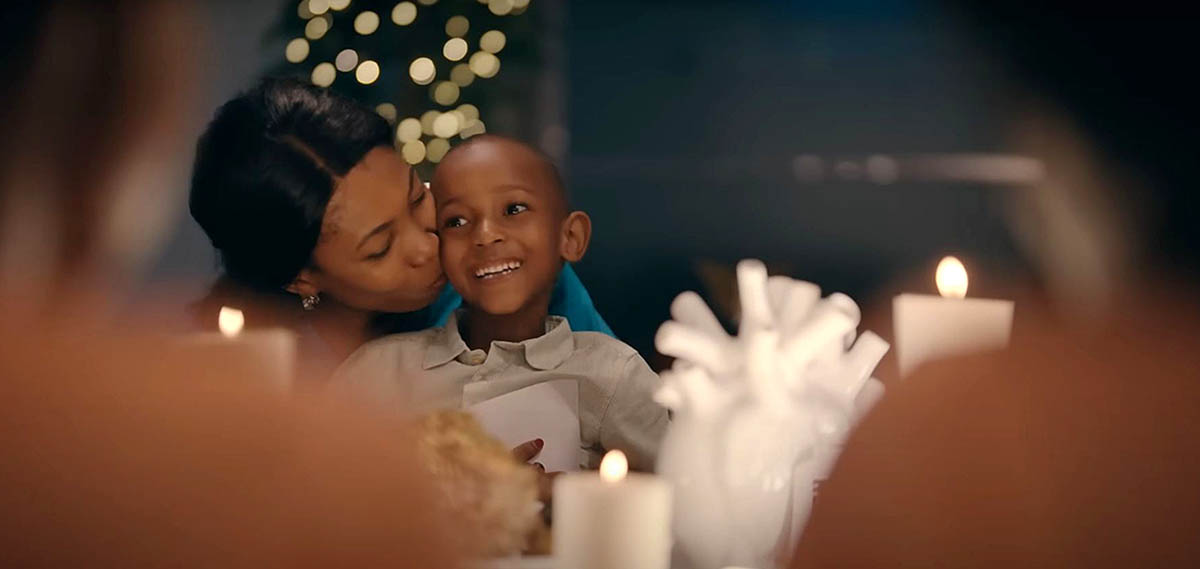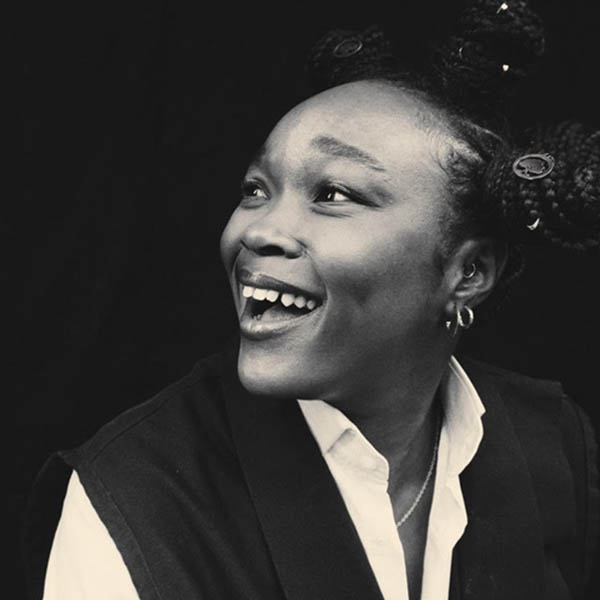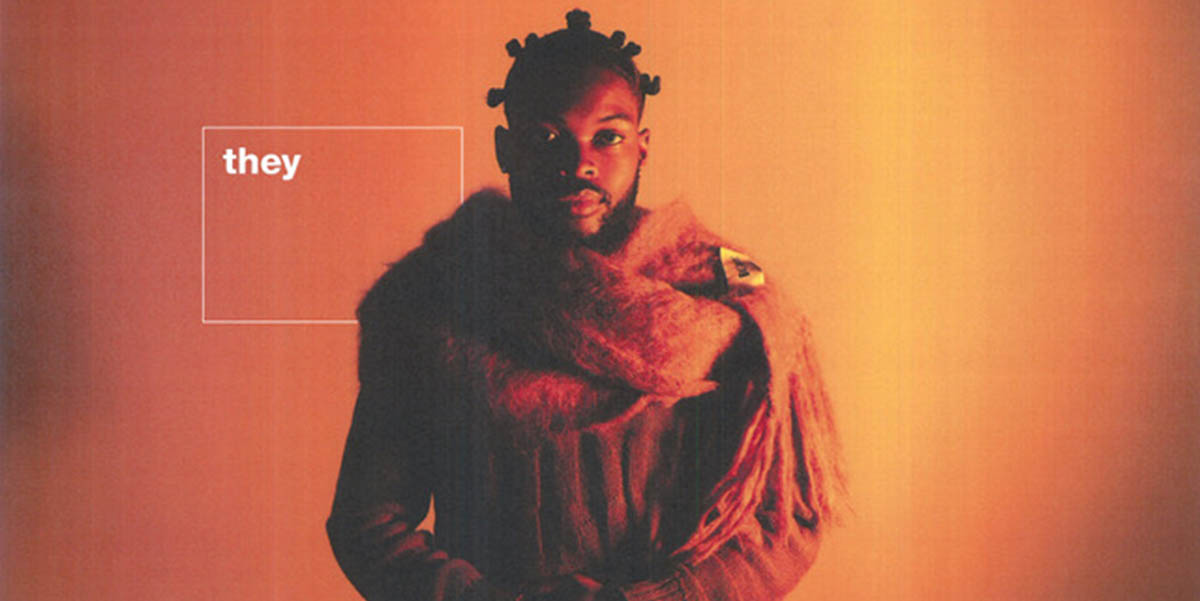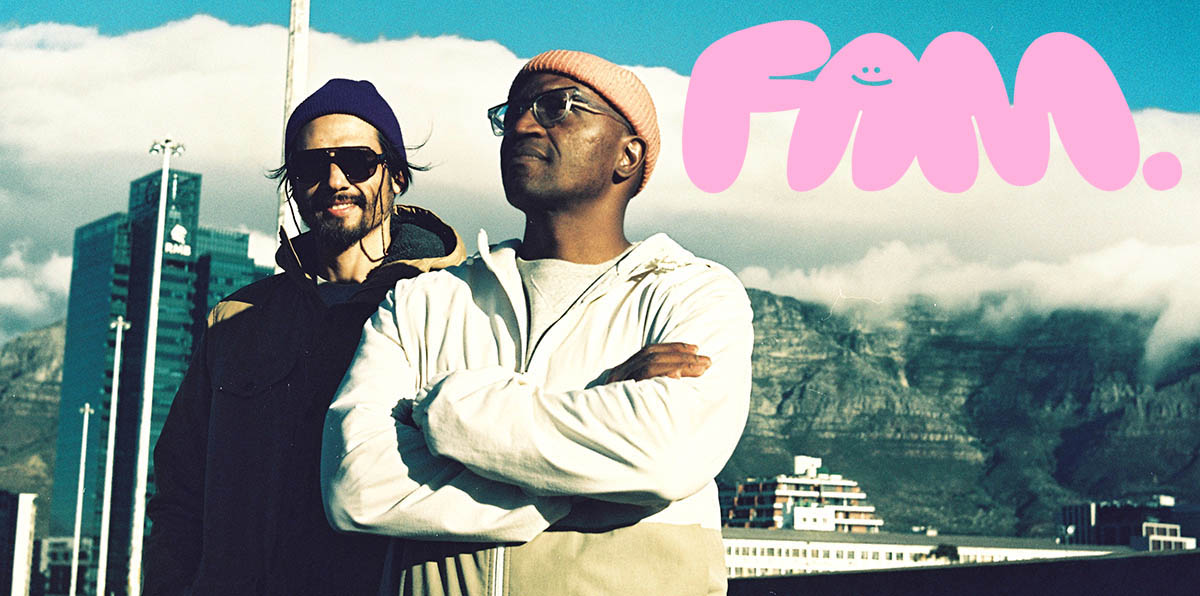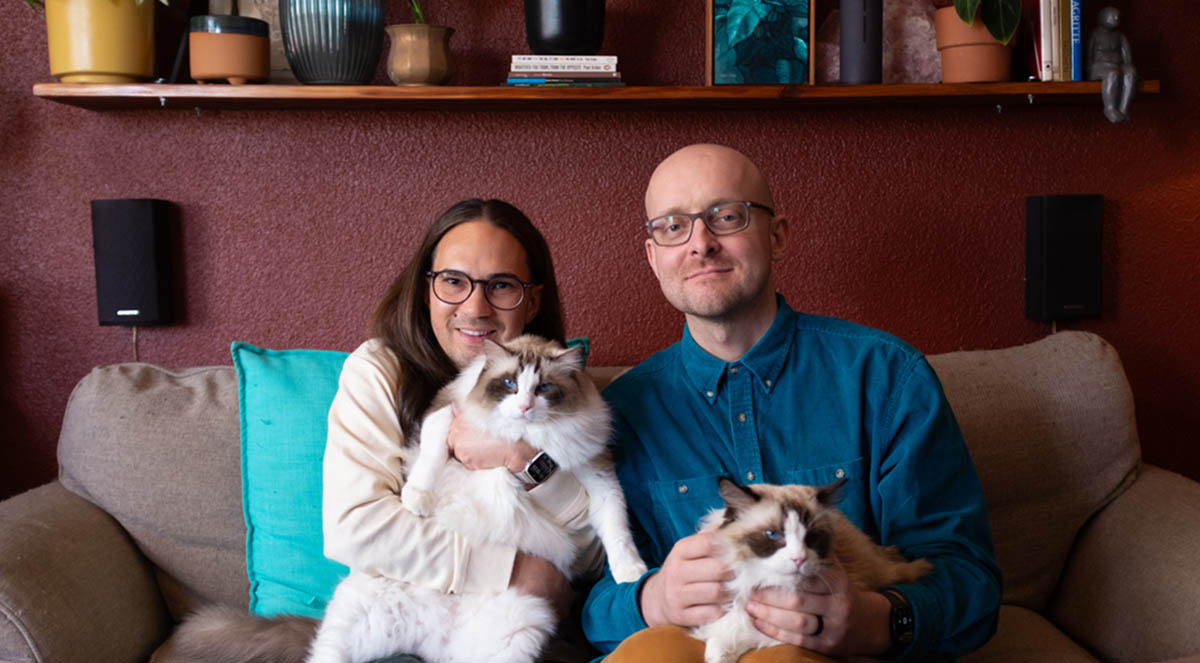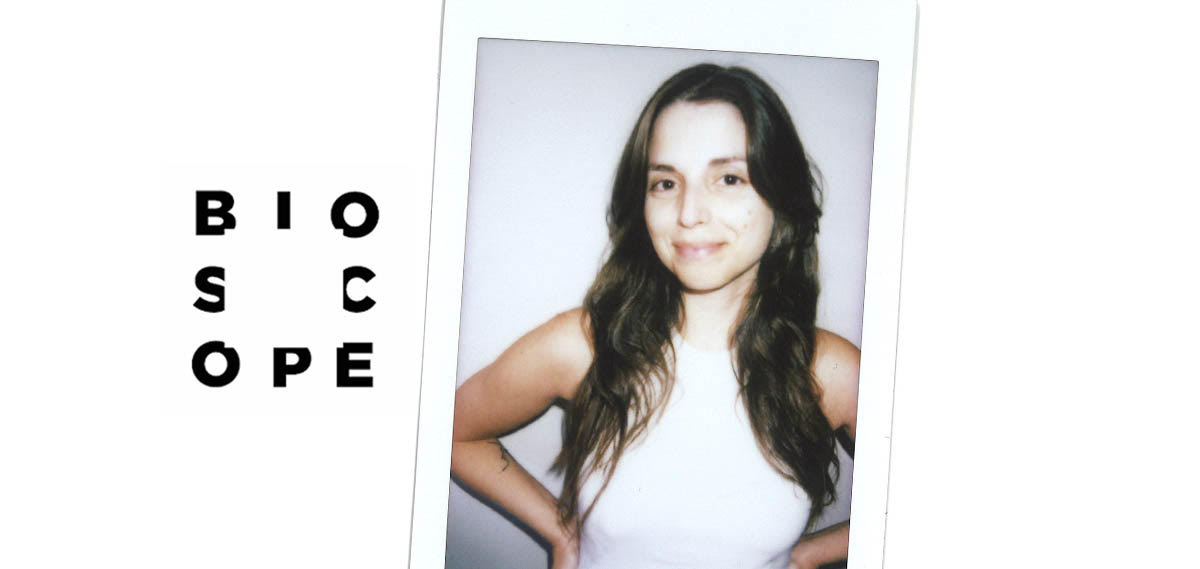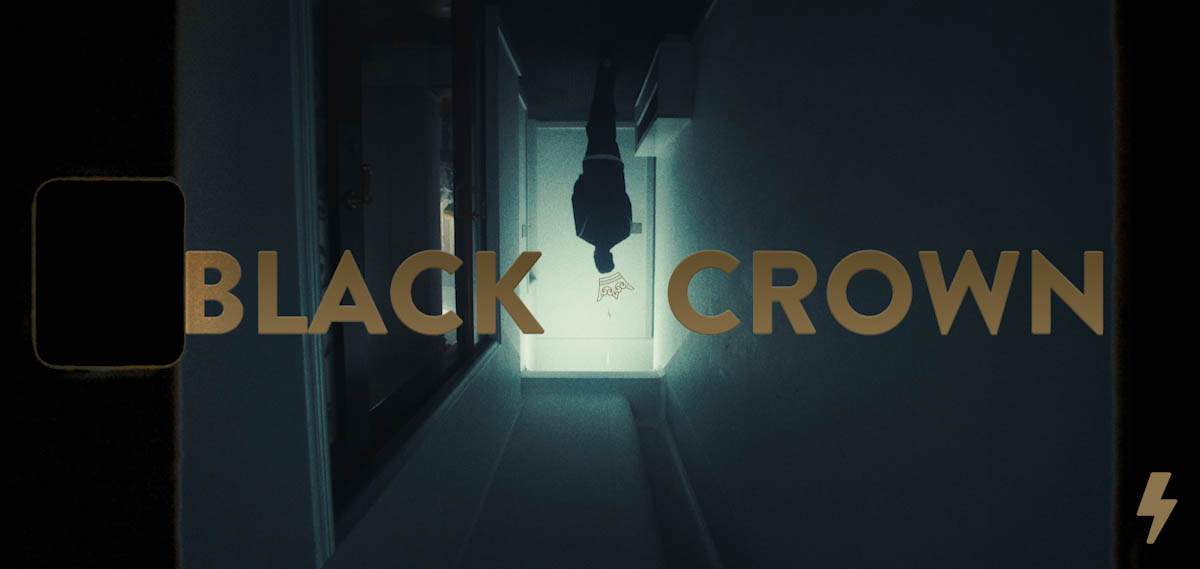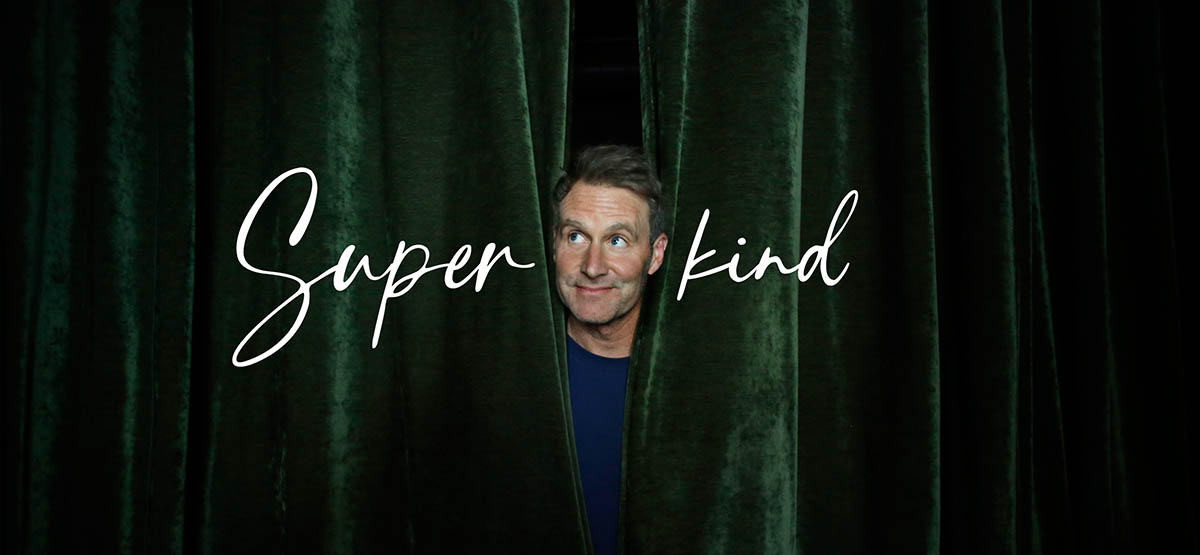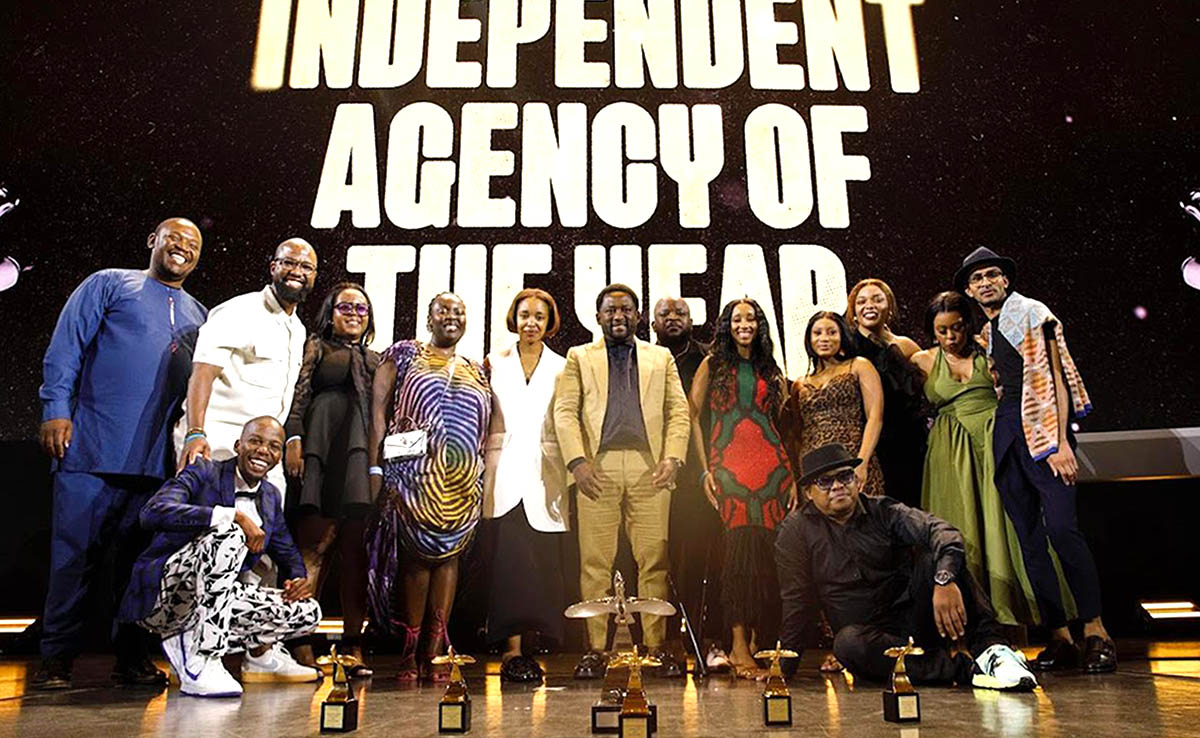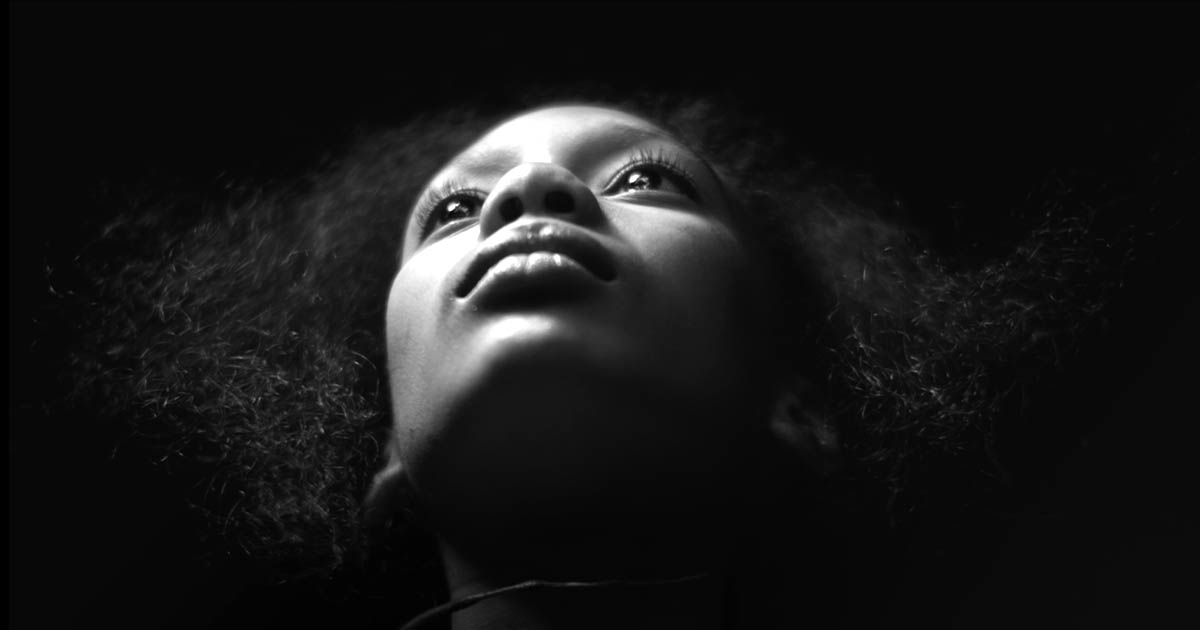
Interview: Director Kim Geldenhuys ahead of the release of evocative debut short, ‘The Little Match Girl’
One of South Africa’s top directors and the founder of 0307 Films, Kim Geldenhuys, took some time out from commercials to direct his debut short film. ‘The Little Match Girl’ is an evocative piece of storytelling about the plight of the houseless and the human need for acknowledgement. We got a sneak peek of the full film ahead of its release and, although perhaps hard to admit, Kim left these viewers changed, for the better. Not letting him rest on the film’s growing collection of laurels we spoke to Cape Town-based Kim, who opened up about the film and how it personally affected him.
Out later this year, ‘The Little Match Girl’ is an adaptation of Danish author, Hans Christian Anderson’s fairy tale of the same name. An emotionally potent story of a houseless girl trying to sell matches on the streets of Cape Town to feed her family. Neglected and ignored by everyone around her she attempts to keep herself warm by striking a match. Every time she strikes, her imagination conjures up a series of scenes. Once she has struck all her matches and has nothing left, she dies from neglect and starvation. Her soul is carried away by her grandmother.
With the film currently playing the festival circuit, ‘The Little Match Girl’ is only set for release later this year. You can watch the teaser trailer here.
‘The Little Match Girl’, directed by Kim Geldenhuys, Executive Produced by Ashleigh Jarratt, DOP’d by Adam Bentel, with post by Strangelove and VFX by Chocolate Tribe has already enjoyed critical acclaim on the festival circuit; amongst the awards including Best Short in ‘No-Logo’ category at Ciclope Africa, Best Short at Roma Short Film Festival and Berlin Shorts.
Q: What was it particularly about Hans Christian Andersen’s story that inspired you to make this film?
Kim Geldenhuys: I liked that the narrative was timeless and still relates to issues we face today, considering that it was written over a hundred and fifty years ago. It was and will always be a magical yet tragic story… a relevant tale without a happy ending.
Q: What is this film about?
Kim: The film is an adaptation, a study on the homeless situation in South Africa, the world. ‘The Little Match Girl’ is about the loss of potential, especially that of homeless children in this world. It’s about avoidance and societal neglect and a reflection on social mindsets and structures. Most importantly the film is about acknowledgement and how we all need to be seen, loved, or recognised at some point, it’s one of the most fundamental human needs or desires. That’s why the neglect and the avoidance was so powerful for me, it was a way to acknowledge the fact that we avoid these people and how they just become these nameless and faceless beings who have no value and worth. I don’t believe anyone can afford to hand out money at every traffic light, but we can make people feel seen, feel human.
Q: You simply can’t watch ‘The Little Match Girl’ without somehow being changed. How would you want people to feel once they’ve watched it?
Kim: I would love people to reflect on their own feelings and actions next time someone in need or less privileged than themselves comes to ask them for something. Homeless people are a part of the fabric of our society and the issue is not going to go away unless we get involved, inherit the problem and work together, collectively as a society to try change our reality in some way.
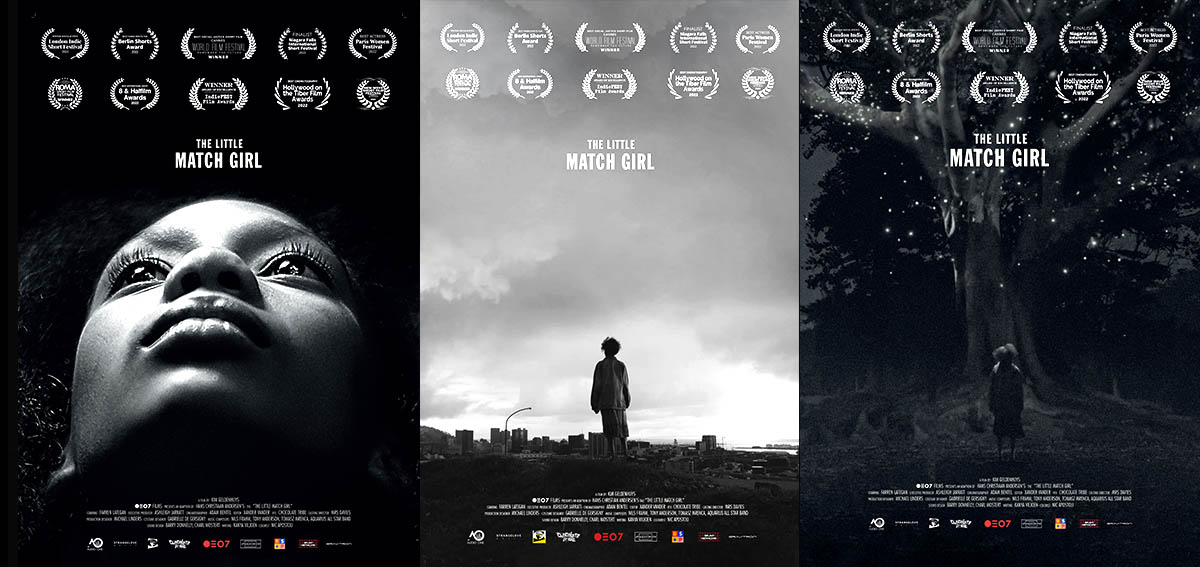
Q: How did you approach ‘The Little Match Girl’, and what was most important to you in its execution?
Kim: I work with a very open approach. I wanted the project to flow and develop, to take its own natural progressive path, on many levels. From a narrative, performance and cinematography perspective, I inherently know what I want but allow what happens on the day to happen. I allow the people we work with to bring their craft, embracing what I learn as we go and relying heavily on instinct and intuition to develop a scene. The whole process is very collaborative. I rely heavily on music as well, to set a tone for performance, both for the actor and the camera. If you don’t feel it on the day, there is a strong chance you don’t have it.
Q: Talking about music, how much does it play a role in your directing process?
Kim: I work with music all the time on every job. I use it as a tool and put in a lot of work to develop the tone of the piece using music. It influences the camera language and everyone reacts to it. It enhances the direction you give an actor greatly. It is a mood changer, an emotional trigger. It’s really interesting how powerful music is, even if you play it just before a dialogue piece, it gives the actor a sense of tone and feeling to go into the moment with.
Q: What was the most meaningful part of working on this film?
Kim: The overall experience, working with the actors, Farren Lategan in particular, and of course Ashleigh (Ashleigh Jarratt, 0307 Executive Producer) and Adam (Cinematographer Adam Bentel) and the rest of the team. Everyone brought so much of their talent and craft and gave up so much for this project, and that was especially rewarding.
Of course, the reward also lies in what you produce and seeing and hearing how people are moved by the film and how it changes your perception of the situation and people around you, even if it is just for a moment.
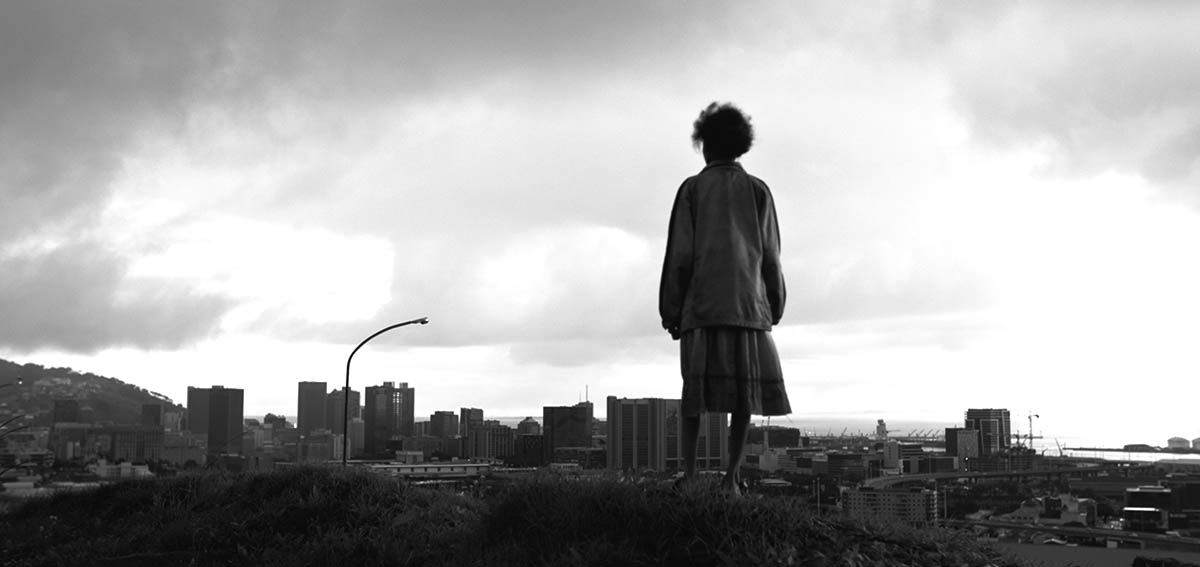
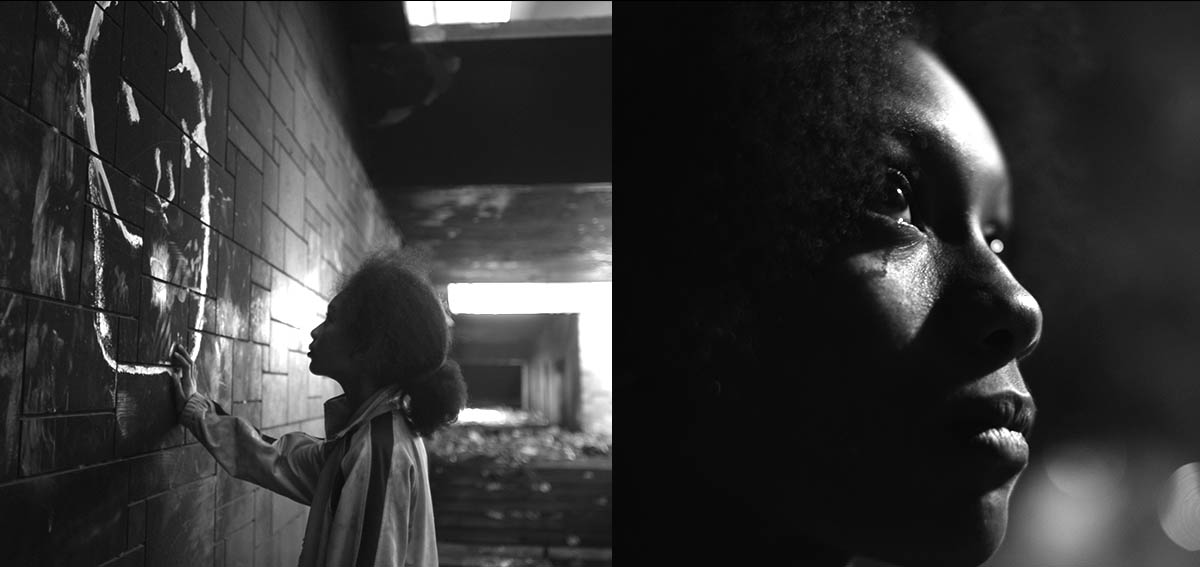
Q: Your lead actor, Farren Lategan, has already won Best Actress at the Paris Women Festival. What was the casting like for the film, especially what characteristics were you looking for?
Kim: I was looking for a child who would connect and relate to her character and own the role. It was a tough call for us. But when Farren walked onto set and stood up on the mountain and looked out over the city on the first morning, I was struck by just how intensely she channelled and felt her character. She dug deep within herself to deliver a powerful, sincere and telling performance. It was incredible to witness, watching her develop the emotional intellect, taking it to the level she did. We were deeply touched be her maturity and depth of understanding.
Q: Why set this story in Cape Town?
Kim: I live here. I live amongst these people. I resonate with it. I drive past it every day and understand the situation, so it made perfect sense to set the film here. We didn’t do any art direction to the actual locations used for this film other than her ‘imagination’ scenes and used what the city and its people gave us. Pretty much everything audiences will see was real. We embraced working with real homeless people as well as actors. Everyone we worked with was really open and wanted us to tell their story because it’s about their world, it’s a narrative about them. It was an amazing learning experience as well as remarkably humbling and rewarding.
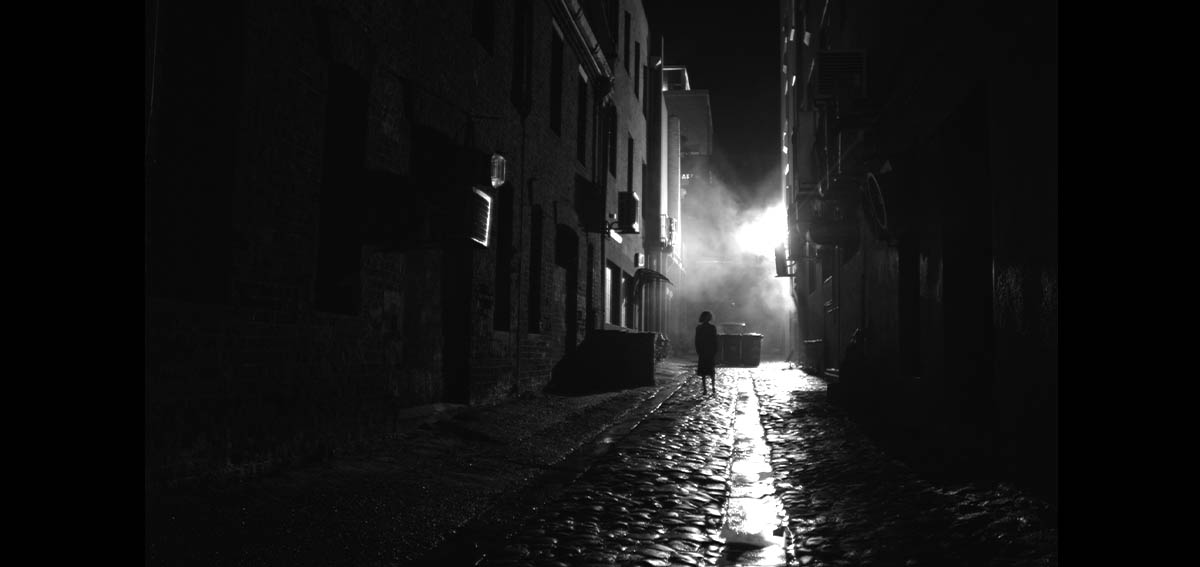
Q: What advice would you give young filmmakers?
Kim: A person without a purpose is a boring human being… Find the material that turns you on and chase it. Make what you are passionate about. Make the leap, the rewards lie in places you do not expect.
Q: Has anything changed for you, either in terms of filmmaking or personally, since making this film?
Kim: Yes… I know now more than ever to trust my instincts, to trust my team and give them the room to be who they are. Not to strangle the life out of everything through control. To have the confidence and self-belief in myself to believe in others and embrace their talent. I see this film as a segue for us into long-form, something I am terribly late to get into, but then I have always been a late bloomer…being scared of your choices and instincts but going with them is addictive.
Q: What draws you to a script?
Kim: I love a good idea or something with social relevance. If it’s something with meaning we are on board, that’s why I love the work I did for Topsy, Telekom, Carling Black Label, Isuzu and Aware.org for example. I grew up pitching against Keith Rose, and it was always all about the idea. The idea is king and of course, as you become older, the more important films with social relevance become. Over time you want to do things with value and meaning.
Q: Now that you’ve dipped your toes in the film waters, will you still be directing commercials?
Kim: Absolutely. I am committed to this country and this industry. Commercials in this country is part of who I am. Honestly, I have always enjoyed working on a great idea with local relevance, collaborating on it and then executing it. I don’t think that will ever change.
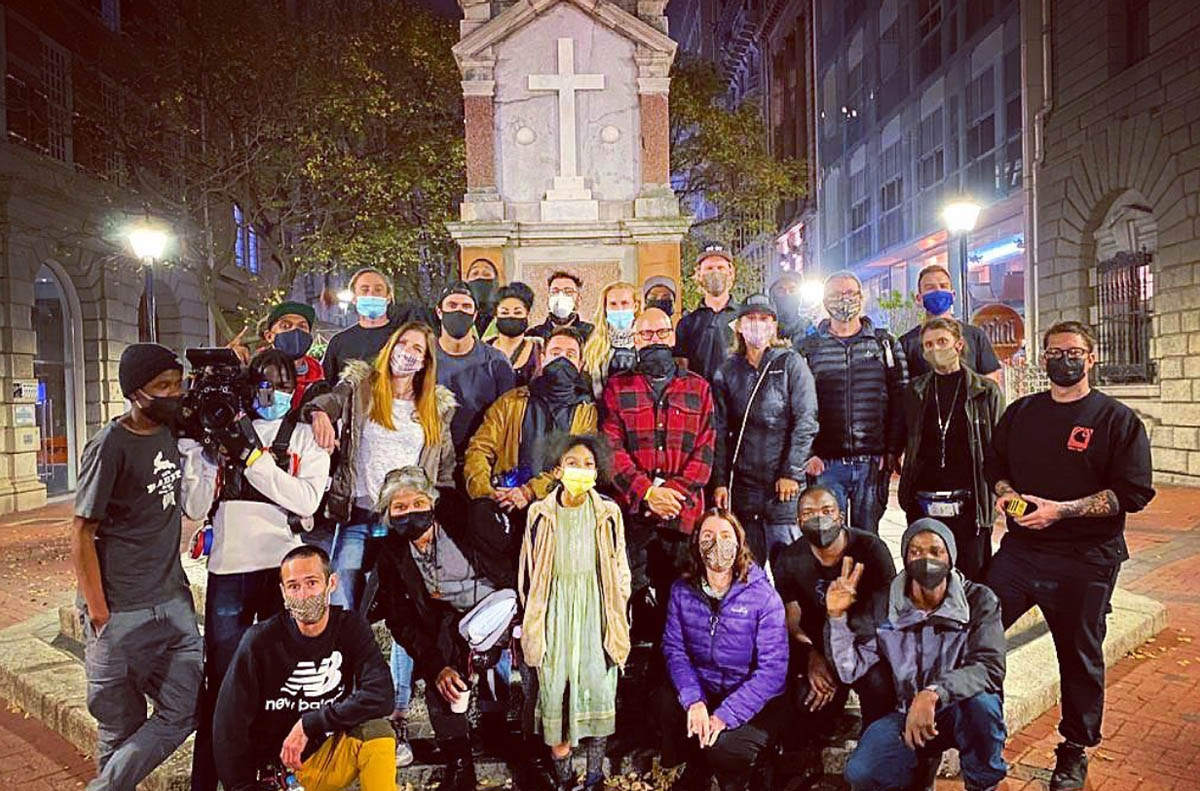
Some of the cast and crew of Little Match Girl 2021
CREDITS:
Directed by: Kim Geldenhuys
Executive Producer: Ashleigh Jarratt
Director of Photography: Adam Bentel
Editor: Xander Vander
Lead Actress: Farren Lategan
Producer: Carnita Ferrara
Prod Co-Ord: Victoria Johns
Production Accounts: Mishkah Stemmet
Production Designer: Michael Linders
Costume Designer: Gabrielle De Gersigny
Wardrobe Assist: Sandra Sophia
Grandmother: Cheryl Anne Wareley
Older thief boy: Leighmen Marshall
Younger thief boy: Aiden-Lee Scholtz
Drunken Man: Petrus Hesse
Wealthy Mother: Kathleen Stephens
Wealthy Daughter: Sara Toefy
Priest: James Julies
Security Officer: Marius du Plooy
Homeless man: Steve Egert
Casting Studio: Mrs Davies
Music:
‘Diana’: Tony Anderson
‘White Garden’: Tomasz Mrenca
‘Ode – Our Own Roof’: Nils Frahm
‘Alibama’: Aquarius All Stars
Sound Design: Charl Mostert, Barry Donnelly
Writing by: Kanya Viljoen
Post Prod House: Strange Love
Colourist: Nic Apostoli
Online: Charmaine Greyling
Post Producer: Bevil Schwartz
Post Prod Manager: Manuel Monteiro
VFX Studio: Chocolate Tribe
VFX Supervisor: Rob van den Bragt
VFX Producer: Corlia Ohlson de Fine
VFX Compositor: Jean du Plessis
VFX Compositor: Johan Wentzel
Technical Lead: Tiaan Franken
Unit Manager: Schalk Bloem
Location logistics: Craig Griffin
Production Assistant: Ryan Truter
Storyboard: Peter Samuelsson
Hair & Make-up: Merle Titus
Props Master: Gilbert Ngobi
Creative Researcher: Ruth Rom
Poster design: Blood Sweat&Polony
Distribution Strategist: Casey-Ann Diepeveen
1st Camera Assist/Focus Puller: Miles Ritchie
2nd Camera Assist: Tafadzwa Pasi
DIT Equipment: Rusty Ruthven
DIT: Mike Mtsinje
Gaffer: Jean de Kock
Best Boy: Dean McGowan
Spark: Luvo Zibhodi
SFX: Gravitron
SFX Manager: Heinrich Botes
SFX Co-Ord: Michael Mostert
Stunt Co-Ord: Stunt Network, Leander Lacey
Stunt Rigger: Christine Chapman
Scouts: Schalk Bloem, Robyn Minter
Childminder: Wendy de Witt
Animal Wrangler: Jill Stephens
Dog Owner: Anne-Eva Svenson
Sight Hound Rescue SA
Medic: Iqraam Abrahams
Eco Officer: Daniel Langton
Catering: Cedar Catering
Body Guards: Pascal Zola, Bob Lemba, Williams Zola
Security : Tauriq Baker MTB Security
Drivers : Colin Henderson, Riaz Salie
Transport : Van Cartel, Rolling Rentals
Produced by the IDIDTHAT Content Studio – Credits: Anne Hirsch (Writer) / Julie Maunder
*This content may not be reproduced or used in any part without the prior written consent of IDIDTHAT. Reprints must credit I DID THAT.co (ididthat.co) as the original publisher of this editorial piece and include a link to this site.
This Editorial is paid for by 0307. Want our studio to create content that puts your agency/company/kickass ad you made in bright lights for the whole industry to see? View or editorial packages or contact julie@ididthat.co and we’ll make it happen! #Boom

